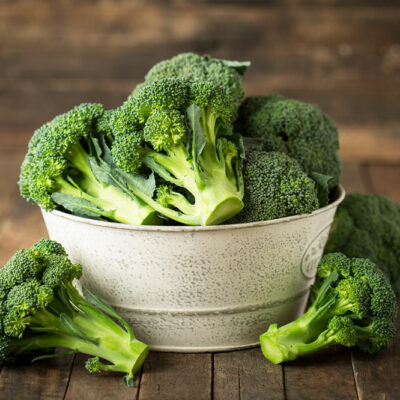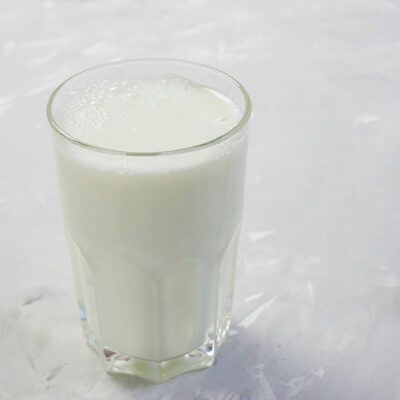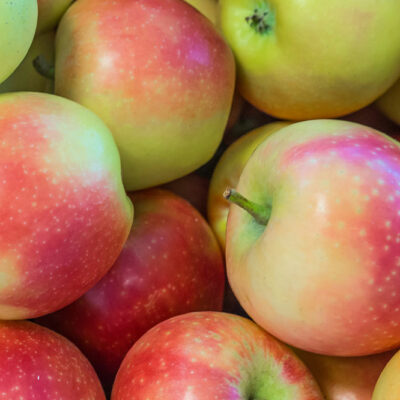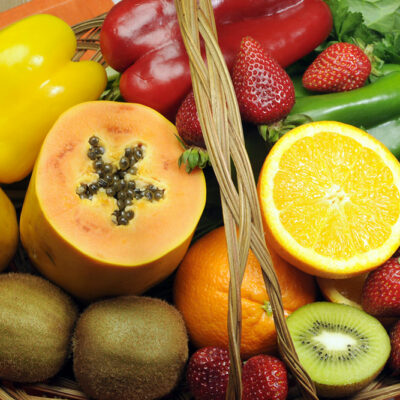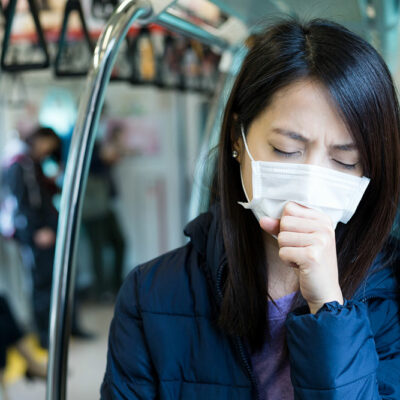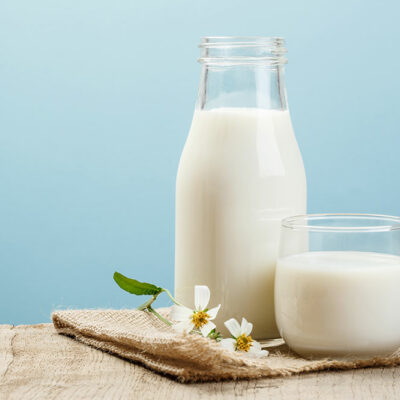
3 mistakes to avoid when buying tickets for live concerts
The internet has made buying tickets for live concerts and shows convenient. However, people tend to make mistakes in this process, such as waiting until the last minute to book and using the wrong websites. These errors, coupled with ticketing scams littering the internet, can make ticket booking tricky. Keeping this in mind, we’ve listed a few blunders to avoid while purchasing live concert and show tickets for a wholesome experience. Not checking the fine print The fine print on a concert ticket can contain crucial details, such as the minimum age limit for attendees and the list of things not allowed inside the concert hall. Not meeting these requirements can deny you entry to the concert, leading to a waste of money. Besides checking the rules and regulations, spend a few minutes understanding the refund and return policies to prevent hassle in case of a cancellation. Falling for fake tickets Despite the enforcement of various regulative strategies, a few resellers resort to unfair practices when selling tickets. Sometimes, you may not receive a ticket despite completing the purchase process. It could be because the seller found a better deal and decided to drop you, or they hadn’t secured the promised passes in the first place.
Read Article 


